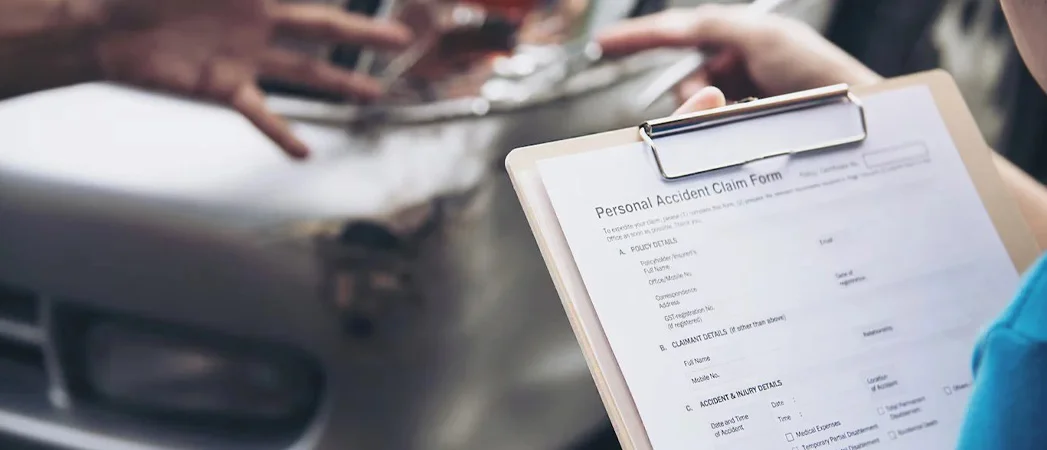|
|
Last
Modified on
Feb 18, 2025
Driving along I-10 or I-12 often requires you to have nerves of steel, especially if you are near the split or about to head over the basin bridge. You might be driving carefully but other drivers may not follow suit.
If you are involved in an accident in Louisiana, there are different types of compensation that you can seek. Understanding the basics of the most common types can help you determine how you are going to proceed with your claim. Here are some common questions about damages:
What kinds of medical bills are compensable?
Any medical care necessary for the injuries is compensable. This includes emergency care, ambulance fees, therapies and any other costs. You might have to think carefully about this because the bills you’ve already gotten and ones that you haven’t gotten yet are included. Injuries that require long-term care need special consideration. You must determine a sufficient amount to cover these since you won’t be able to come back later and ask for more money.
Can I seek compensation for time I took off work?
Missed wages are compensable in these cases. You need to clearly document your wages and the time you missed for this type of damage. Just like medical bills, you need to think about past and future missed wages when you are trying to determine the monetary figure placed on lost earnings. Hourly employees usually have an easier time at determining the lost wages, but it is possible to determine in all cases.
What about damages for pain and suffering?
Louisiana does allow for non-economic damages, which means damages that didn’t incur a monetary loss. Injuries that caused you pain or led to suffering might qualify for this type of damage. The suffering and pain don’t have to be physical, although they might be. Emotional trauma, post-traumatic stress disorder and similar mental health issues that were the result of the car crash are examples of what might be included.
What if the accident impacted my family members?
Some forms of damages relate to how the accident affects your family members. Loss of companionship and loss of consortium relate to the way that your injuries harmed the relationship with your significant other. It might also be possible to seek compensation for damages stemming from the changes in your relationship with your children and the way you parent them.






